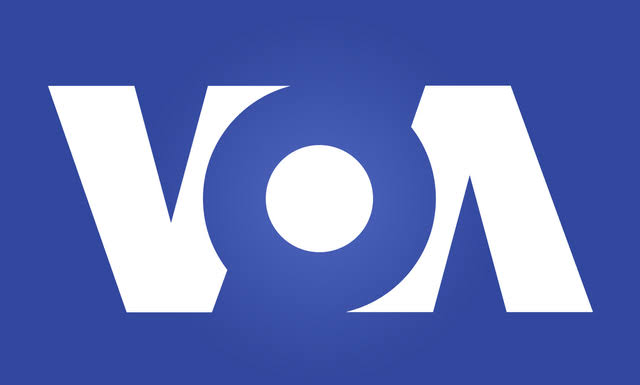The Voice of America (VOA) Hausa service has abruptly gone off air in Nigeria, Ghana, Cameroon, and Niger, leaving millions of listeners without access to its broadcasts. The sudden silence of the US-funded station has sparked concerns, particularly in northern Nigeria, where VOA had been a trusted source of information for decades.
Listeners tuning in last month were surprised to find music playing instead of their usual news programs. Some even feared a major political event had taken place. “Was there a coup in the US?” a worried listener asked VOA journalist Babangida Jibrin, who, along with his colleagues, received a flood of calls from confused and distressed audiences.
The Hausa-language service of VOA was launched in 1979 and had long served as a key information source for millions, particularly in remote areas where access to newspapers is limited, and internet connectivity is unreliable. The shutdown has left many feeling disconnected from global affairs. “People are now cut off from news, especially international news,” said Moussa Jaharou, a listener from southern Niger.
VOA was originally established during World War II to counter Nazi propaganda and later became a significant media outlet during the Cold War. Over the years, it gained a reputation for delivering credible news, particularly in regions where other media outlets were perceived as biased. However, the recent decision to terminate its Hausa service follows major budget cuts implemented by former US President Donald Trump during his second term.
The move is seen as a major blow to journalism in West Africa, especially at a time when press freedom faces increasing challenges. In Niger, military authorities have already banned Radio France Internationale (RFI), including its Hausa service, while the British Broadcasting Corporation (BBC) recently faced a three-month suspension in the country.
VOA’s shutdown also marks the loss of critical programs that provided health information, including reports on HIV and malaria, which are particularly relevant as the rainy season begins. “It’s really, really a shame,” said Sadibou Marong, West Africa chief for Reporters Without Borders. He noted that VOA often reported on sensitive topics, including conflict zones where journalists faced pressure from authorities to present a favorable image of military operations.
For many listeners, the loss is not just about news but also in-depth discussions and investigative journalism. Muhammad Mukhtar, a longtime listener, said he is not too worried about daily news, as local stations still exist. However, he is deeply concerned about losing VOA’s unique programs, such as its coverage of Islam in America, health segments, and the popular Nigerian political debate show, Hot Seat. “I still have not come to terms with this shocking reality,” he admitted.
Former VOA journalist Alhassan Bala, who lost his job due to the shutdown, recalled how the station’s reporting often led to significant investigations. One such case involved the exposure of dangerous heavy metal poisoning among children in Nigeria’s Zamfara State, which prompted government intervention.
For the journalists affected by the closure, the future is uncertain. Jibrin, reflecting on his career, recalled the difficult days under Nigeria’s former military ruler Sani Abacha when VOA reporters were sometimes accused of being CIA agents. Now, he is left wondering what comes next. “So now who will have the last laugh?” he asked, struggling to come to terms with the loss.
Despite the setback, some journalists remain determined to continue their work. Bala, who was working on a story for his Hausa-language fact-checking website Alkalanci when he received the news of VOA’s shutdown, simply said, “Oh my God. This is bad.” Then, he continued his work, believing that fact-checking is now more important than ever.










